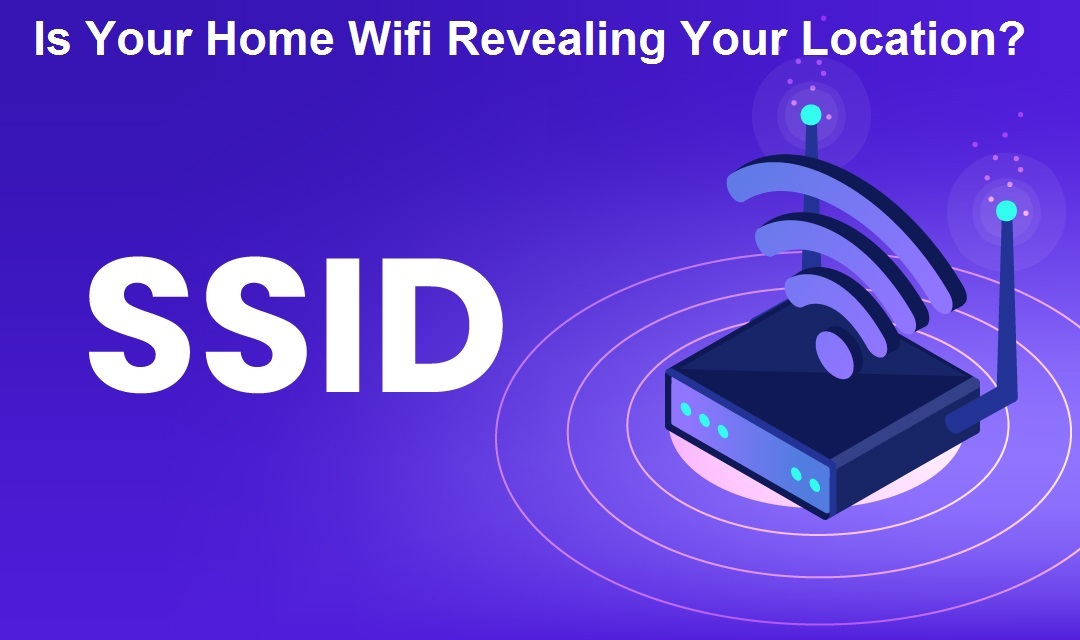by Brian Shilhavy, Health Impact News:

With online data at a premium today for the Big Tech oligarchs who want to build their huge AI databases with your information, along with very concerning increases in cyber hacking where anything you share online can be hacked in somebody’s database, one needs to take special care to protect their personal data and privacy.
I have found PC Magazine to be a great resource in giving advice on how to protect your data and privacy. And all of their articles are for free, with no paywall.
TRUTH LIVES on at https://sgtreport.tv/
In an article recently published by PCMag.com, Neil J. Rubenking reported how anyone with a cell phone passing by your home can pick up your router’s Wifi ID, revealing your location, which can then be stored in Big Tech databases at companies such as Google and Apple.
Every Phone Can ID Your Router—Here’s How to Stop It
When any smartphone comes within range of your Wi-Fi router, it reports your details to a giant database that helps fine-tune GPS positioning. Rather not participate? We can help.
Your smartphone constantly checks available Wi-Fi nodes, looking to reconnect with any that you’ve used before. You can see it happening, and it’s very convenient (though vulnerable to spoofing and “evil twin” attacks).
What you don’t see is that your smartphone also uploads identifying details about your router to giant databases maintained by Apple, Google, and others. These databases benefit you (and everyone else) by fine-tuning your device’s GPS location skills.
We’re here to explain why you might not want to participate and show you how to opt out. (Read the full article.)
Of course if you find their instructions on how to configure your router’s Wifi too difficult, you can just turn it off altogether and only connect via an Ethernet cable (which is what I do). That will also reduce EMF radiation pollution in your home.
PCMag.com also just recently published an article about how to use the Internet more anonymously.
How to Completely Disappear From the Internet
Want to mask your online identity and shield your data from those who wish to surveil you? Here are all the steps you should take.
Some might say the internet was built on anonymity, paving the way for a place where free speech reigns supreme. But after years of learning about who’s snooping into everything we do online, privacy on the web is hardly a given.
It’s not just about government spying; it’s also about how much data big companies such as Alphabet (Google), Amazon, Apple, Meta (Facebook), and Microsoft have collected to serve up targeted ads—not to mention how much of your personal data gets scooped up in all the breaches and hacks.
There are good reasons for people to go online without being tracked. For example, anonymity may be the only way for a true whistleblower to reveal corruption, considering how some have been treated. But there’s nothing wrong with wanting to stay anonymous, no matter what you’re doing.
This begs the question: Is it even possible to take control of your personal privacy online? Ultimately, the only way to stay truly anonymous online is…not to go online at all.
That’s not a real option for most of us, though. So with that in mind, here’s a rundown of what you can do to minimize spying, targeted ads, and ID theft as you explore the online world. (Read the full article.)
Read More @ HealthImpactNews.com



